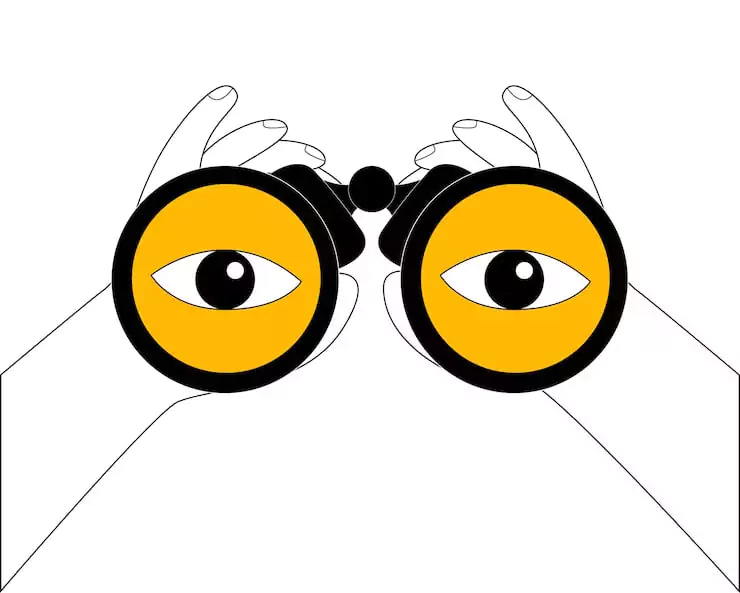Online learning is really handy, but it also has its own problems, like the tricky issue of students’ privacy and how they’re expected to behave acadically. Recently, a student claimed a teacher invaded their privacy by keeping track of their online class activities. The teacher said they did it to make sure class rules were being followed, but the student felt this was a step too far. This brings up a tough question: how do we respect students’ privacy while also making sure they’re doing their work correctly in online classes?

✅ AI Essay Writer ✅ AI Detector ✅ Plagchecker ✅ Paraphraser
✅ Summarizer ✅ Citation Generator
Key Takeaways:
- Online education tools trigger privacy vs accountability debates.
- Tracking is seen as necessary by educators but invasive by some students.
- Educational institutions must balance transparency and privacy in data usage.
The Balancing Act: The Role of Learning Management Systems
Universities and colleges have migrated much of their curriculum online, utilizing Learning Management Systems (LMS) such as Blackboard Ultra to facilitate learning. While these platforms offer numerous benefits, including accessibility and flexibility, they also enable educators to track student activity. This feature, while seen as beneficial by some, is viewed as a violation of privacy by others.
A recent incident involving a student accusing a professor of invading their privacy by checking their course engagement record ignited a debate about these contrasting viewpoints. In the professor’s view, the LMS functioned as an online classroom. They noted:
“Just as I take attendance in a face-to-face course, I pay attention to who is ‘attending’ and participating online.”
The professor had used the LMS logs to prove the student’s lack of engagement, leading to a late submission.
However, the student considered this an infringement on their privacy rights. This perception is not uncommon. Another educator remarked, adding that this occasionally sparks privacy debates within their social theory class:
“I’m completely transparent with students that I can see their ‘engagement’ on the software we use.”
Yet, for many educators, tracking student activity is a vital tool for maintaining academic integrity and holding students accountable. One instructor stated:
“I frequently cite their inactivity as a reason for their failure,” believing that “students fail themselves.”
This perspective underscores a fundamental principle: that students should take responsibility for their academic performance, with educators using all legal and moral means at their disposal to uphold academic integrity.
Regardless of their stance on the privacy issue, most educators agree that transparency is key when it comes to the tracking of student engagement. Whether they see the LMS as an online classroom or a potentially invasive tool, most make their students aware of the logs. One professor stated:
“I’m very upfront with my students that the LMS tracks student activity.”
While educators aim to balance respect for privacy with the necessity of monitoring academic engagement, this incident illustrates the ongoing debate. The question remains, how can the educational community navigate the fine line between accountability and privacy in the realm of online learning? It’s a dialogue that’s sure to continue as technology’s role in education continues to evolve.
The Impact of Technology on Privacy in Higher Education
Technology has significantly impacted the landscape of higher education, bringing a myriad of advantages but also posing new challenges in terms of privacy.

The adoption of Learning Management Systems (LMS) like Canvas and Blackboard, along with other edtech tools, has simplified remote learning and expanded access to education. However, these technologies also gather a wealth of data on students, raising concerns about privacy.
Consider the example of an online class where a professor can track a student’s engagement, such as their attendance, participation in discussions, and time spent on assignments. This information can be beneficial, helping teachers identify students who may be struggling and tailor their teaching strategies accordingly. However, this also means that students’ every move can be monitored and logged, which can feel intrusive.
Furthermore, with the rise of proctoring software to prevent cheating in online exams, the privacy issue has escalated. Some of these programs require students to grant access to their computer’s webcam, microphone, and screen – which could be seen as an extreme invasion of personal space.
So, while technology has undoubtedly improved the learning experience, it has also blurred the line between monitoring for academic progress and violating privacy. Universities and other institutions need to find a balance, ensuring that students are aware of the data being collected and its purpose. Additionally, they must implement robust data protection measures to maintain trust and uphold students’ rights. All in all, the conversation around technology’s impact on privacy in higher education is crucial in our increasingly digital world.
Follow us on Reddit for more insights and updates.





Comments (0)
Welcome to A*Help comments!
We’re all about debate and discussion at A*Help.
We value the diverse opinions of users, so you may find points of view that you don’t agree with. And that’s cool. However, there are certain things we’re not OK with: attempts to manipulate our data in any way, for example, or the posting of discriminative, offensive, hateful, or disparaging material.